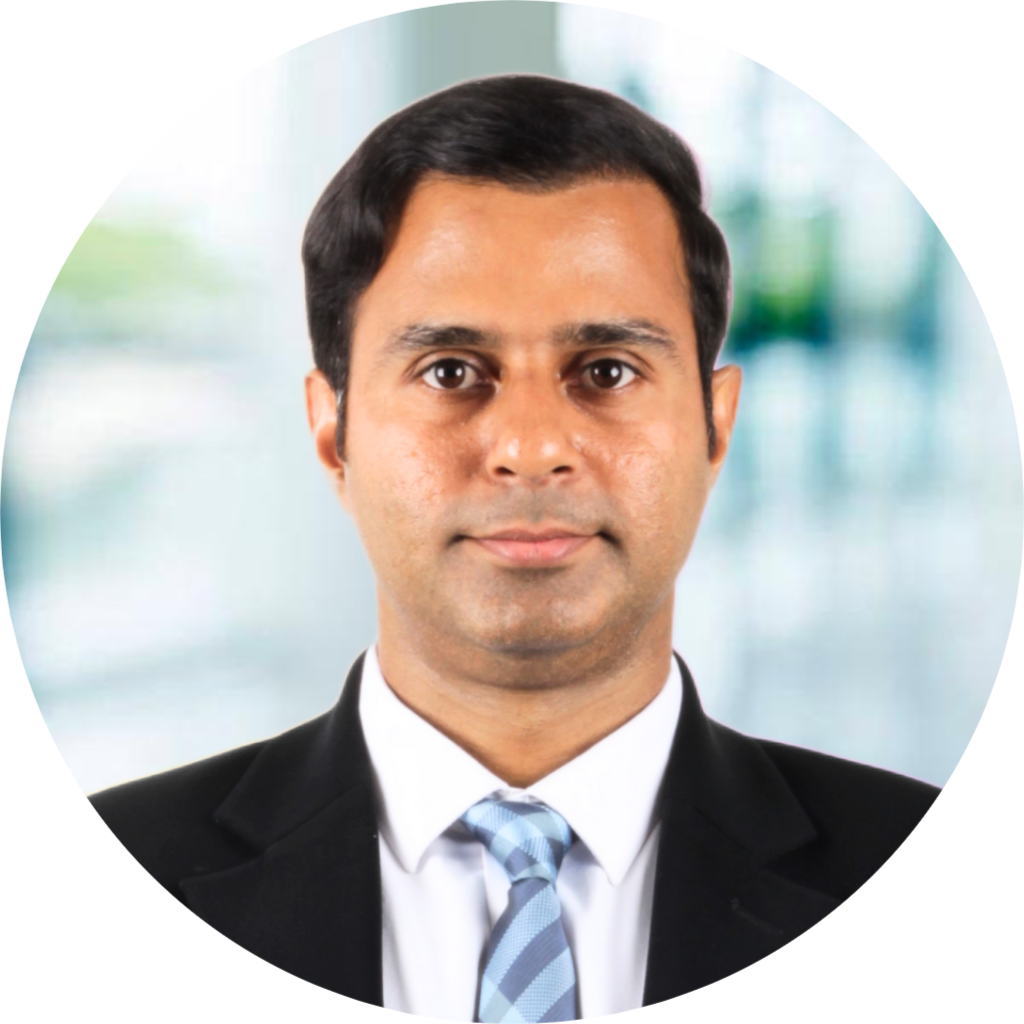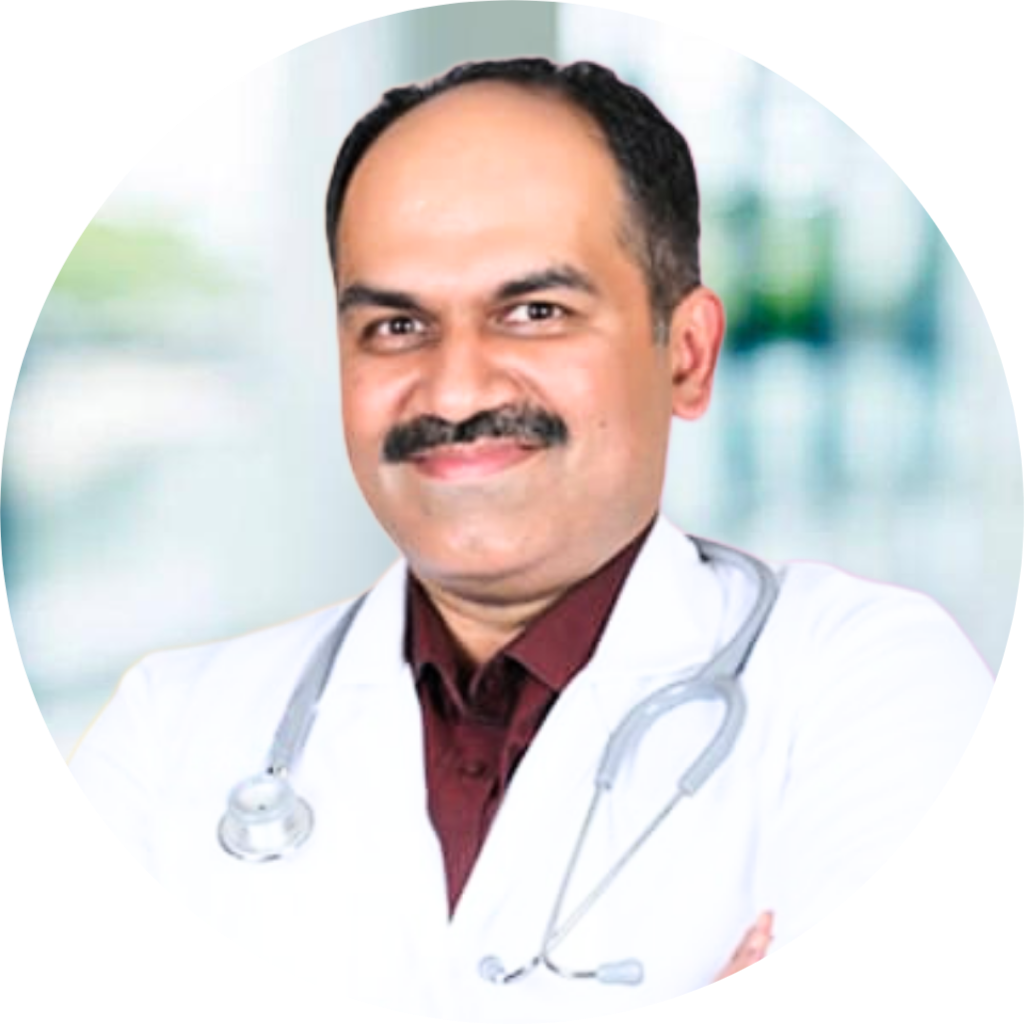Head And Neck Cancer
Best Head And Neck Cancer Surgeons In Bangalore
"Head and neck cancer" refers to cancers that develop in or around the throat, larynx/voice box, nose, sinuses, and mouth. Squamous cell carcinomas of the head and neck are the name for these cancers. Squamous cell carcinomas can also start in the salivary glands, sinuses, muscles, or nerves of the head and neck, but these tumors are far less prevalent than squamous cell carcinomas.
Healius cancer & hematology clinics have the best head and neck cancer specialists in Bangalore, specialising in treated with surgery, radiation therapy, chemotherapy, and hormonal therapy.
Head & Neck Cancer Causes
Few common causes for head and neck cancers: Tobacco and alcohol abuse, including secondhand smoke and smokeless tobacco (sometimes known as "chewing tobacco" or "snuff") Infection with cancer-causing strains of the human papillomavirus (HPV), particularly HPV type 16, is linked to oropharyngeal malignancies of the tonsils and base of the tongue The usage of paan (betel quid) in the mouth, which is a common practice in Southeast Asia, has been linked to a higher risk of mouth cancer Radiation exposure to the head and neck, whether for noncancerous or cancerous disorders, is a risk factor for salivary gland cancer. Genetic abnormalities that lie under the surface. Some hereditary conditions, such as Fanconi’s anemia, might raise the chance of precancerous lesions and malignancies forming early in life.
What Are The Types Of Head & Neck Cancer?
• Oral cancer
• Nasal cavity and sinus paranasales cancer
• Laryngeal cancer
• Hypopharyngeal cancer
• Nasal cavity and sinus paranasales cancer
• Salivary gland cancer
• Tonsil cancer
• Oropharyngeal cancer
FAQ
ask us anything
What are symptoms of Head & Neck cancer?
If you notice any of the below symptoms, make an appointment with your physician right once. They could be symptoms of something less dangerous, but a full examination is recommended. A further team of head and neck cancer surgeons would recommend treatment if diagnosed.
Mouth:
- On the gums, tongue, or mouth lining, a white or red sore that does not heal
- The jaw is swollen
- Thickening or a lump
- Bleeding or soreness in the mouth that is unusual
- Dentures are causing problems
Pharynx (Back Of The Mouth)
- Breathing or speech problems
- A feeling as if something is lodged in your throat
- A bulge or thickening
- It isn’t easy chew or swallow the food
- A persistent burning feeling at the back of the throat
- Hearing loss, ringing in the ears, or pain in the ears
Voicebox (Larynx)
- Swallowing causes pain
- Earache
Nasal Cavity And Sinuses
- Infections of the sinuses that do not respond to antibiotic treatment
- Sinus congestion that won’t go away
- Headaches
- Bleeding from the nose
- Dentures are causing problems
- Around the eyes, there is pain and swelling
- Experiencing pain in the upper teeth
What are the most common head and neck cancer?
“Head and neck cancer” refers to various malignant tumors that form in or around the nose, mouth, throat, sinuses, and larynx. Squamous cell carcinomas account for the majority of head and neck cancers. This cancer starts in the flat squamous cells that make up the thin layer of tissue on the surface of the structures in the head and neck.
What causes head & neck cancers?
Excessive alcohol intake, tobacco usage, human papillomavirus (HPV) infection (for oropharyngeal cancer), and Epstein-Barr virus (EBV) infection are the key risk factors for head and neck cancer. Other risk factors that may indirectly affect the usage of paan (betel quid), radiation exposure, and genetic abnormalities.
Is head and neck cancer curable?
The majority of head and neck cancers are curable, especially if detected early. Although the major goal of treatment is to eliminate cancer, it is equally critical to preserving the function of adjacent nerves, tissues, and organs. Doctors examine how treatment may affect a person’s quality of life, such as how a person eats, talks, looks, feels, and breathes, while planning head and neck cancer treatment.
How can i find the best head & Neck oncologist in Bangalore?
Finding the best head and neck oncologist in Bangalore could be one of the most significant decisions you make in your life. You may be referred to one or more specialists by your family physician. Your chances of receiving the best possible care are increased if all of your health care experts are involved from the start when you are diagnosed so that everyone can work together as a team.
You could also try the following:
* Conduct your research with the assistance of your doctor.
* Consult with multiple doctors.
* Inquire about the credentials and experience of oncologists and surgeons.
Consult with the Best Doctors
Know Our Experts

Dr. Mangesh. P. Kamath
MBBS, DNB (General Medicine), DM (Medical Oncology), MRCP (Med. Onco), ECMO (Med. Onco), PGDCR (Clinical Research)

Dr. Anil Kamath
M.S. (General Surgery) (Master of Surgery), MCh (Surgical Oncology), DNB (Surgical Oncology)

Dr. Siri Kamath
MBBS, DNB (Diabetology)


